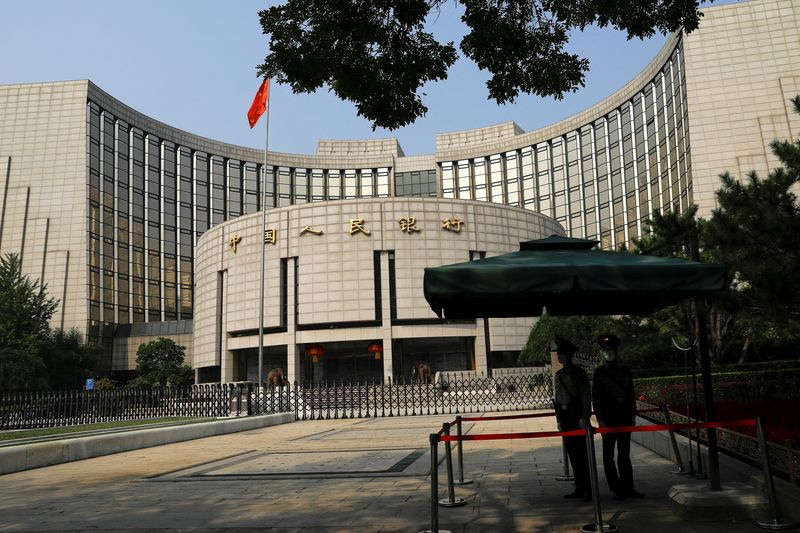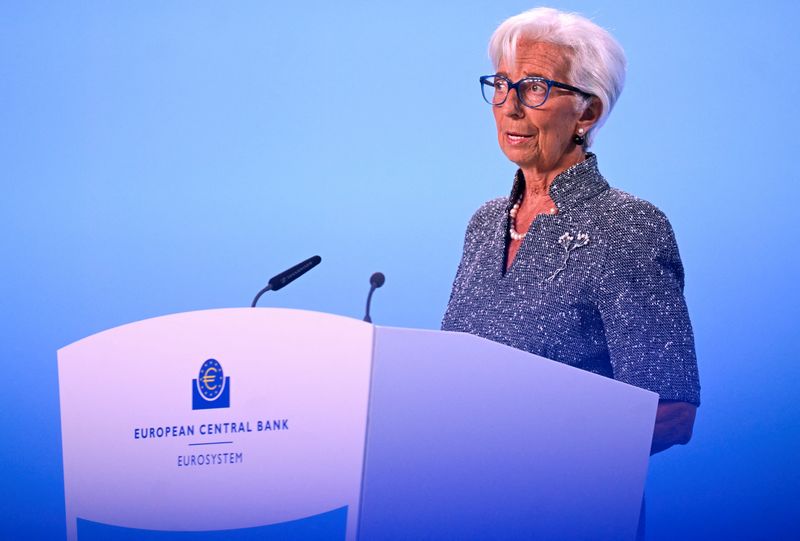
By Jan Strupczewski
BUDAPEST (Reuters) – Few European Union countries are likely to meet the Sept. 20 deadline to submit their debt reduction plans to the European Commission, in a possible blow to the credibility of the EU’s new fiscal rules that require them.
The rules, that came into force in April, are meant to show markets how EU governments, many of which are saddled with high public debt after the COVID-19 pandemic and energy crisis, will put debt on a declining path.
“I underline the importance of this work, because it’s really important that this framework gets off to a good and credible start,” the chairman of euro zone finance ministers Paschal Donohoe told a news conference after ministers discussed the deadline at informal talks in Budapest.
One obstacle is that many EU countries either face elections or don’t yet have governments after recent elections to sign off such plans.
“It will be only a handful of the ‘best pupils in class’ that will submit their plans by September 20,” said one EU official with insight into the process. “Most will ask for an extension of the deadline until October 15, or longer.”
On Oct. 15 euro zone countries have to send the Commission the main assumptions for their 2025 budgets and many want to combine the two submissions. But some may need even more time.
France has already asked for an extension because it has only just started putting together a government after inconclusive elections two months ago and the fragile ruling coalition will have a hard time pushing through any fiscal tightening.
Italy, the country with the second highest public debt in Europe, will have regional elections in October and November and the right-wing government is now promising tax cuts and help for families and employment in 2025.
Germany is facing elections in 12 months and EU officials said Berlin was undecided what to propose in its long-term plan.
The situation is also unclear in Lithuania, which has elections next month, and in Belgium, which is still without a government after elections in June. Austria will have elections at the end of September and Romania in December.
“It was very clear to me that all member states are doing their best,” Donohoe said when asked about EU governments meeting the Sept. 20 deadline.
“It’s also the case that there are political situations underway in different countries that are a very inevitable part of our democratic process, but that is recognised in the new framework that we have,” he said, signalling delays in submissions will be allowed.












